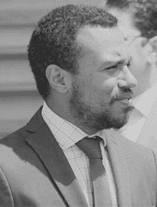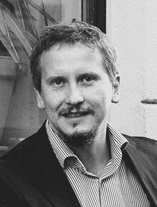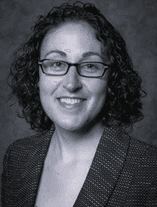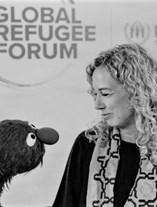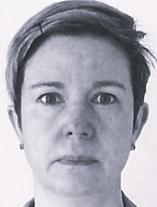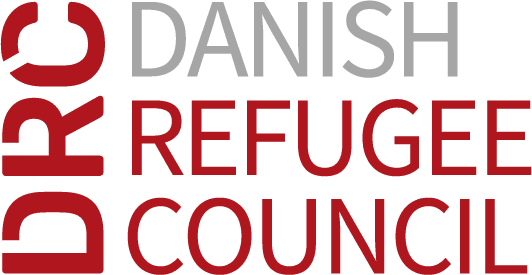

WHO is DEMAC - Diaspora Emergency Action & Coordination?
DEMAC - Diaspora Emergency Action & Coordination, is a global initiative that works for a deeper understanding of diasporas as humanitarian actors and strives for better coordination between diaspora organizations, local networks and the institutional humanitarian system.
Founded in 2015, DEMAC aims to increase engagement, visibility, and recognition for diaspora organizations within the humanitarian system. By fostering a deeper understanding of diasporas as transnational humanitarian actors, DEMAC contributes to transforming the humanitarian ecosystem.
WHY DIASPORA?
Diaspora organizations are multi-sectoral, fast responding actors who work transnationally, including in countries facing humanitarian crises.
Diaspora organizations are alerted by communities in real-time, and collect and disperse funds rapidly. This ensures that they are a key factor in unlocking the first responses in crisis settings. In hard-to-reach places where access may be an issue, diaspora groups have a unique advantage due to their local connections.
The concept of diaspora and diaspora engagement are complex and at times sensitive, as they relate to concepts of identity and belonging. DEMAC acknowledges that sensitivity and promotes a nuanced approach based on evidence and analysis. Therefore, we follow this definition:
Diasporas are migrants, refugees and their descendants who live outside their country of birth or ancestry, yet still maintain emotional and material ties to that country. Support efforts towards that country often happen transnationally, with diasporas settled across the globe collaborating to achieve joint outcomes.
WHY HUMANITARIAN COORDINATION?
Diasporas are part of a broader humanitarian ecosystem to play a key role in humanitarian responses and provide vital support to communities in countries of origin.
In light of their transnational identity and close local ties, diaspora organizations are part of and playing a central role in localization, one of the main commitments under the Grand Bargain. Localization aims to strengthen the resilience of local communities and to support local and national responders on the frontline.
Diaspora organizations are already following this line: they contribute directly to emergency responses in their home countries, or work closely with local authorities, local organizations, and community groups by providing technical and financial support.
Moreover, diaspora organizations are heterogeneous – they have different capacities, values and approaches – and can as part of a broader humanitarian community play a valuable and agile role in humanitarian responses.
However, assistance provided by diaspora organizations and the institutional humanitarian actors often follow parallel tracks, resulting in a lack of mutual understanding and recognition, and thus a lack of coordination and collaboration that would be of benefit to the overall response.
Our mission is to improve coordination and collaboration among diaspora organizations providing humanitarian assistance and across diaspora organizations and institutional humanitarian actors. We further aim to increase visibility and engagement for diaspora organizations in the humanitarian system.
OUR APPROACH:
DEMAC activities consist of three pillars: knowledge sharing, capacity building, and networking.
DEMAC has developed an operational framework to support humanitarian response of diaspora and local actors. This framework includes seconding diaspora liaison officers, providing context specific guidelines, tools, and resources. DEMAC is dedicated to raise awareness by producing relevant studies that demonstrate the impact of diaspora humanitarian engagement. Further, DEMAC facilitates dialogue between diaspora, local and humanitarian actors on how to engage with each other in emergency settings through workshops and networking events.
DEMAC is currently working on several emergency-prone countries and regions, such as Afghanistan, Ukraine, Northwest Syria and Somalia. At the same time, DEMAC is prepared to engage with and support diaspora from additional countries should a humanitarian crisis unfold in their country of origin.
Governance Structure
DEMAC's strategic direction is guided by an Advisory Board, comprised of 12 members, with equal representation from diaspora communities and humanitarian institutions, each accounting for 50% of the board's composition

























